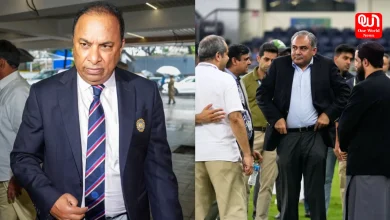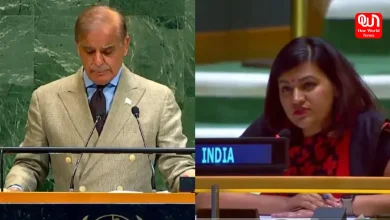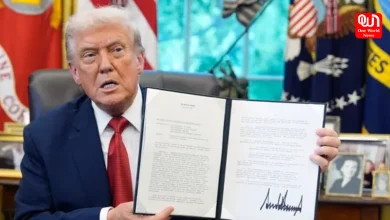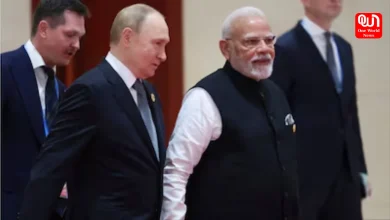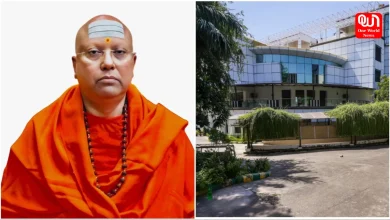Cabinet’s Green Flag to Women’s Reservation Bill
Milestone for Women's Empowerment: Cabinet clears Historic Women’s Reservation Bill
Milestone for Women’s Empowerment: Cabinet clears Historic Women’s Reservation Bill
On September 18, the Indian government made a significant stride in promoting women’s empowerment by approving a draft bill that seeks to grant women reservations in the Lok Sabha and state assemblies. This bill will now be presented in both houses of Parliament for deliberation and approval during the ongoing special session.
At 6:30 p.m., following the first sitting of the special Parliament session, the meeting was called to order.
The bill ensures that women will have a 33% quota in the Lok Sabha and state legislatures. Numerous officials from various political parties pushed for the introduction of this significant bill. Ever since the special Parliament session was scheduled, rumours around the highly debated women’s reservation measure circulated.
Additionally, the bill will give a sub-quota for SC/STs in accordance with their current share.
History of Women’s Reservation Bill :
The Women’s Reservation Bill’s uncertain legislative history began in September 1996, when the H. D. Deve Gowda-led government first introduced the bill in Parliament.
Since then, nearly every administration has attempted to pass it; the UPA administration even succeeded in getting it approved in the Rajya Sabha in 2010; nevertheless, due to a lack of political support and consensus, the move could not be successful.
This time, the bill is more likely to pass without difficulty. The measure is anticipated to receive support in Parliament from the ruling NDA, its ally BJD, and significant opposition parties including the Congress, Trinamool, BRS, and Left. Together, 431 MPs from the Lok Sabha and 175 from the Rajya Sabha are expected to support the bill.
What Congress Said?
Commenting on the Women’s Reservation Bill, Congress President Sonia Gandhi said, “It is ours. Woh hamara bill hai [It is our bill],”
Taking to X, Jairam Ramesh also reposted Rahul Gandhi’s letter to PM Modi in 2018 offering unconditional support for the passage of the bill. “Our PM says he’s a crusader for women’s empowerment? Time for him to rise above party politics, walk his talk, and have the Women’s Reservation Bill passed by Parliament. The Congress offers him its unconditional support,” Gandhi wrote.
The Women’s Reservation Bill, which was approved in the Rajya Sabha in 2010 amid a commotion, has been credited to the Congress. A quota for Scheduled Castes and Scheduled Tribes within the quota was required by the then-Congress-led United Progressive Alliance government’s partners, such as Rashtriya Janata Dal and Samajwadi Party, which hindered the government from introducing the bill in the Lok Sabha.
According to Trinamool Congress leader Derek O’Brien, Mamata Banerjee handed more than 40% of the party’s seats to women as an example while others waited for the bill.
The new bill’s specifications are yet unknown. They won’t likely be the same as the previous version of the bill. The new bill is anticipated to extend the application of reservation to bodies other than the Lok Sabha and state legislatures.
UPDATE: On Wednesday, September 20, 2023, the Lower House is likely to take up the women’s reservation Bill for debate and passage. The leader of the Congress Parliamentary Party, Sonia Gandhi, is anticipated to be the lead speaker from her party in the Lok Sabha, according to reports.
The Women’s reservation bill, which was enacted in the Rajya Sabha on March 9, 2010, during the Manmohan Singh administration, was credited to Ms. Gandhi as its primary advocate. However, due to a lack of agreement among political parties, the Bill expired and it could not be brought up in the Lok Sabha.
Liked this post?
Register at One World News to never miss out on videos, celeb interviews, and best reads.



